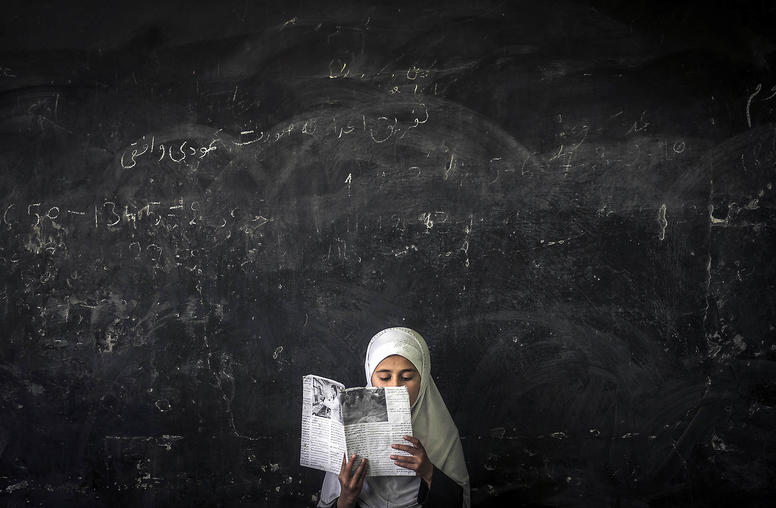Belquis Ahmadi
Contact
Please submit all media inquiries to interviews@usip.org or call 202.429.3869.
For all other inquiries, please call 202.457.1700
Belquis Ahmadi has over 20 years of experience working in Afghanistan on issues related to gender, human rights, civil society development, rule of law, governance and democracy. Ahmadi’s extensive experience includes senior management positions under large USAID programs in Afghanistan, evaluation of USAID gender and democracy and governance programming, and analysis and design of gender and human rights programming, and training and mentoring Afghan civil society and government candidates. She has also published extensively on democracy, governance and women’s rights in Afghanistan.
From November 2010 to March 2014, Ahmadi worked on the USAID-funded Regional Afghan Municipalities Program for Urban Populations Regional Command East (RAMP UP), implemented in 14 provinces. In this role, Ahmadi managed the technical work of the program to ensure high quality results and deliverables. In addition, she developed core skills training modules to integrate and mainstream gender in all aspects of governance, service delivery, and leadership to over 200 municipal officials in fourteen provinces.
From 2006 to 2009, Ahmadi served as senior human rights advisor in Afghanistan. In this role, she provided leadership and management oversight of resources, including budget, planning, and program monitoring; designed and implemented activities promoting women’s rights through the use of religious arguments, providing analysis of the Shiite Personal Status Law, as well as providing advice and guidance in drafting of the Law on Elimination of Violence Against Women; and oversaw the preparation of training materials for programs.
From 2000 to 2004, Ahmadi served as program coordinator for Global Rights Partners for Justice in Washington D.C., managing their Afghanistan program. From 1987 to 1999, Ahmadi worked for the International Committee of the Red Cross, CARE International, and the Agency Coordinating Body for Afghan Relief (ACBAR) in Afghanistan. Ahmadi earned her LLM in International Human Rights Law from Georgetown University Law Center and her LLB of Law from Kabul University.




